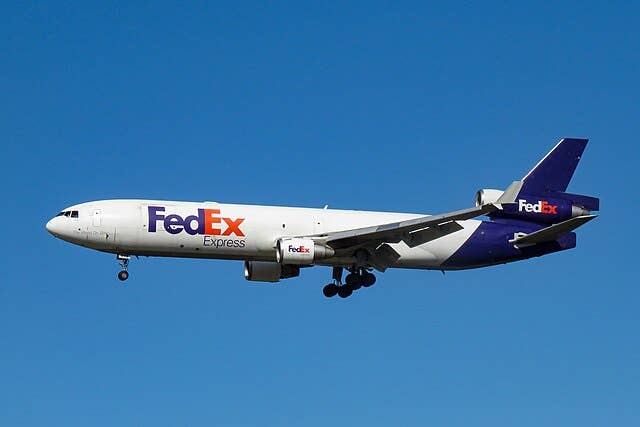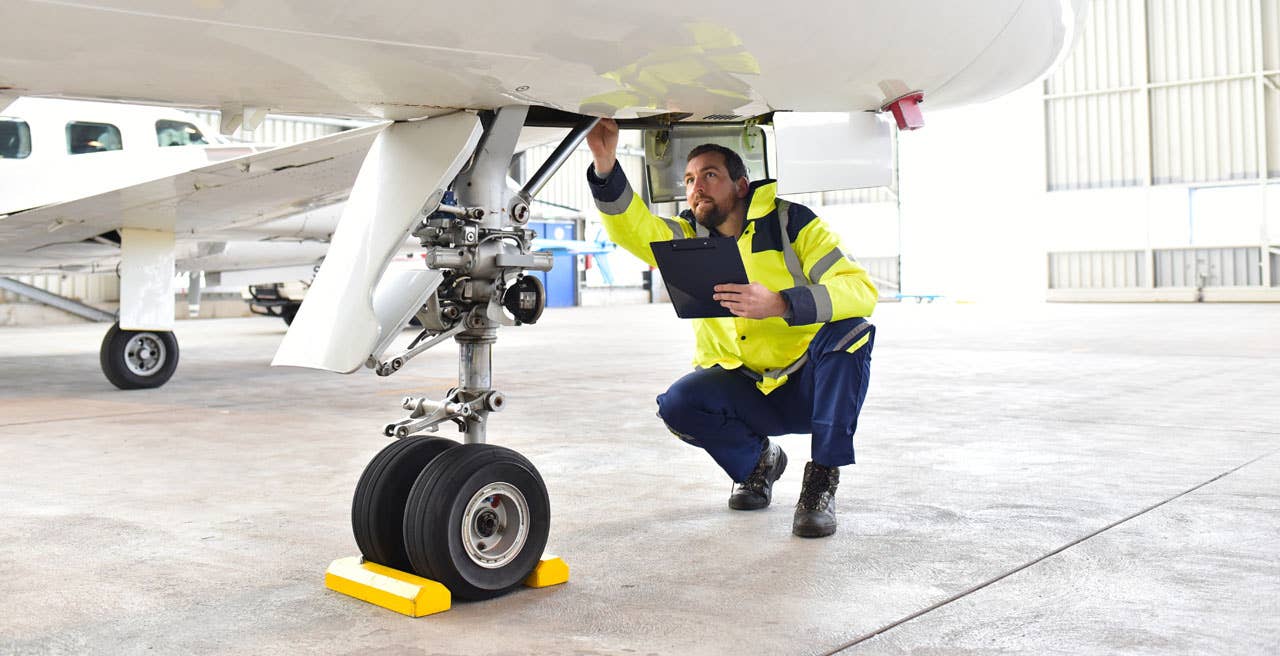Airship Provides Unique View For Whale Scientists
The Airship Ventures zeppelin, the only one of its kind in the U.S., recently helped out some scientists by providing a platform for their study of whales in the Pacific Northwest. “The flight took a lot of planning,” airship pilot Katharine Board told AVweb. “Whales don’t recognize international borders, so we had to be prepared to deal with Canadian airspace.” The airship provides the scientists with a vertical perspective they can’t gain from boats. “Seeing them from the air is just a completely different picture,” researcher Erin Heydenreich told the Associated Press. “Watching the way they move together under water is just incredible. That’s something you definitely don’t see and can’t very much capture from a perpendicular photograph.”

| Don't see a video screen? Try disabling ad blockers and refreshing this page. If that doesn't work, click here to download the video directly. |
The Airship Ventures zeppelin, the only one of its kind in the U.S., recently helped out some scientists by providing a platform for their study of whales in the Pacific Northwest. "The flight took a lot of planning," airship pilot Katharine Board told AVweb. "Whales don't recognize international borders, so we had to be prepared to deal with Canadian airspace." The airship provides the scientists with a vertical perspective they can't gain from boats. "Seeing them from the air is just a completely different picture," researcher Erin Heydenreich told the Associated Press. "Watching the way they move together under water is just incredible. That's something you definitely don't see and can't very much capture from a perpendicular photograph."
The airship can hover above the whales at about 1,000 feet, Board said, and the engines are relatively quiet. Low vibrations make it easier to capture photos and video of the whales, and the zeppelin's plentiful windows provide various angles for observation. "It requires very accurate flying and a huge amount of concentration," Board said. "It was good fun to fly with the scientists, and I'm hoping to do it again next year." The scientists on board were affiliated with various institutions including Woods Hole Oceanographic Institute and the National Oceanic and Atmospheric Administration. The flight was donated by the zeppelin's current sponsor, Farmers Insurance. Others have seen the value of lighter-than-aircraft for wildlife studies. This summer, the Lindbergh Foundation awarded a grant to Paul Slusser, of the University of Utah, and Daniel Geery, president of Hyperblimp, both in Salt Lake City, for a project using radio-controlled airships to study the behavior of endangered right whales.






